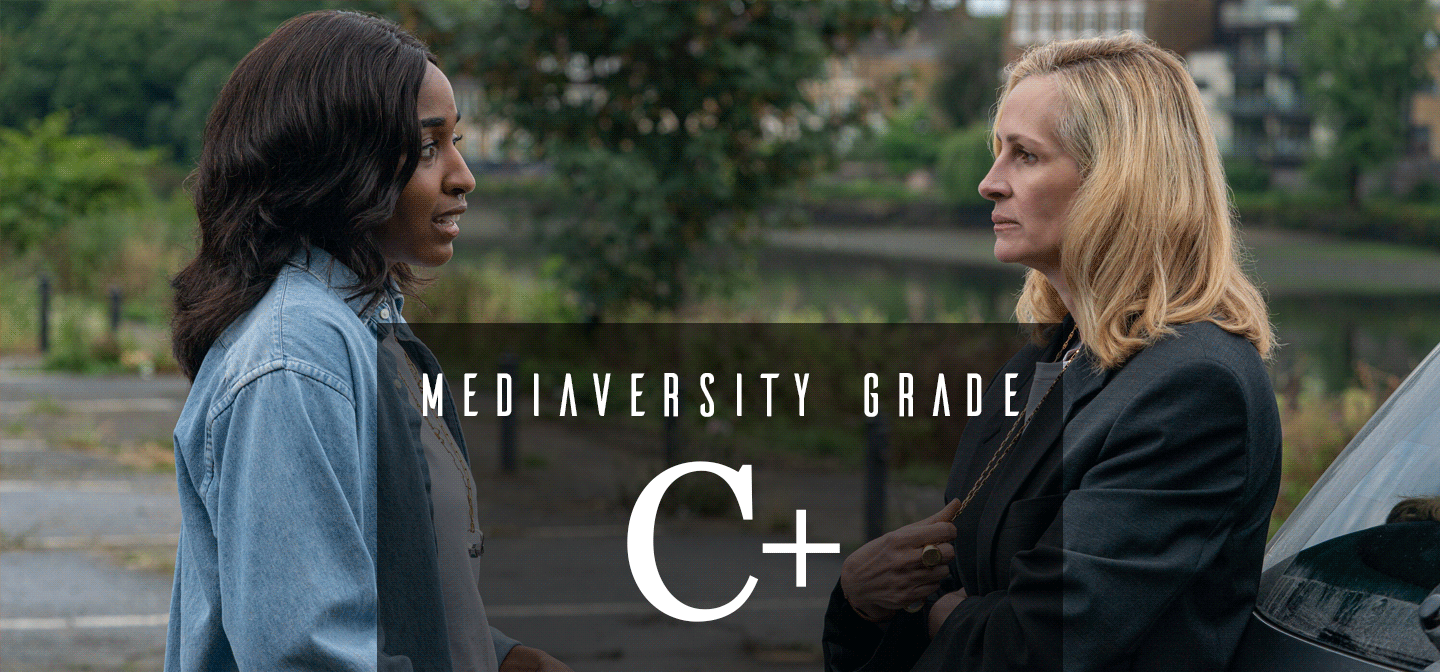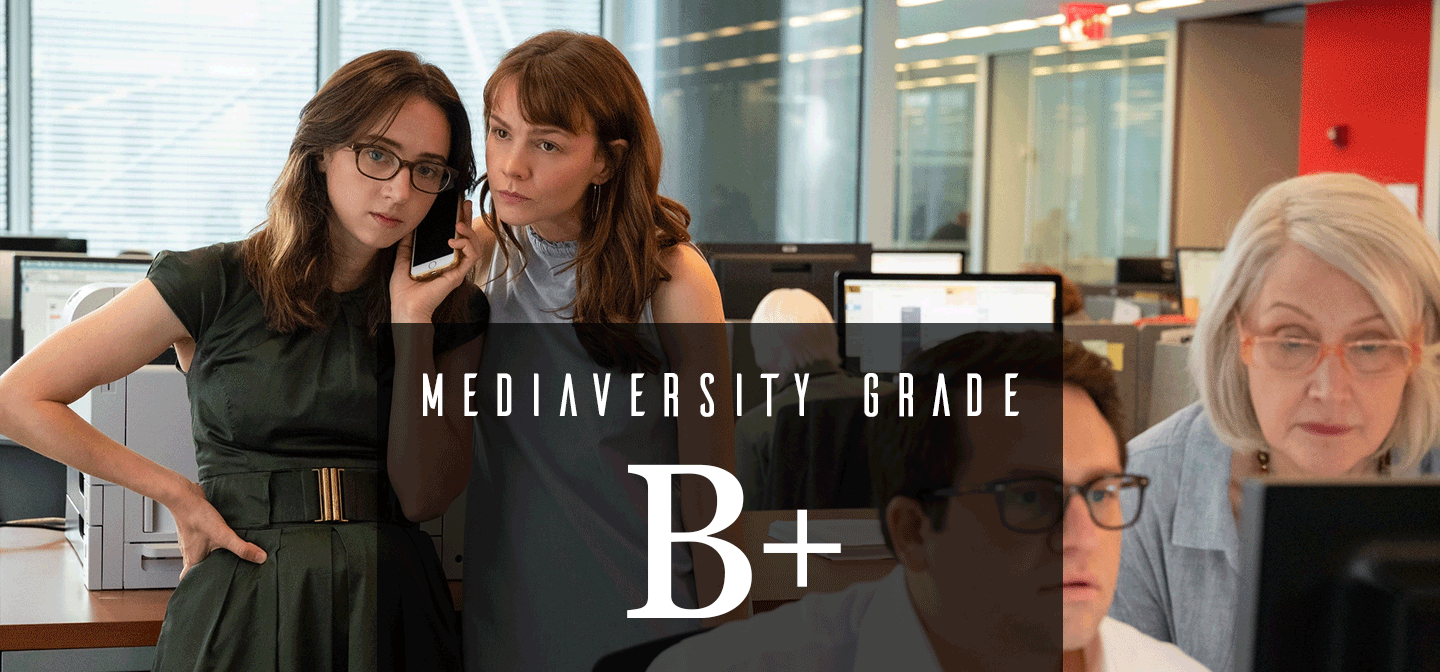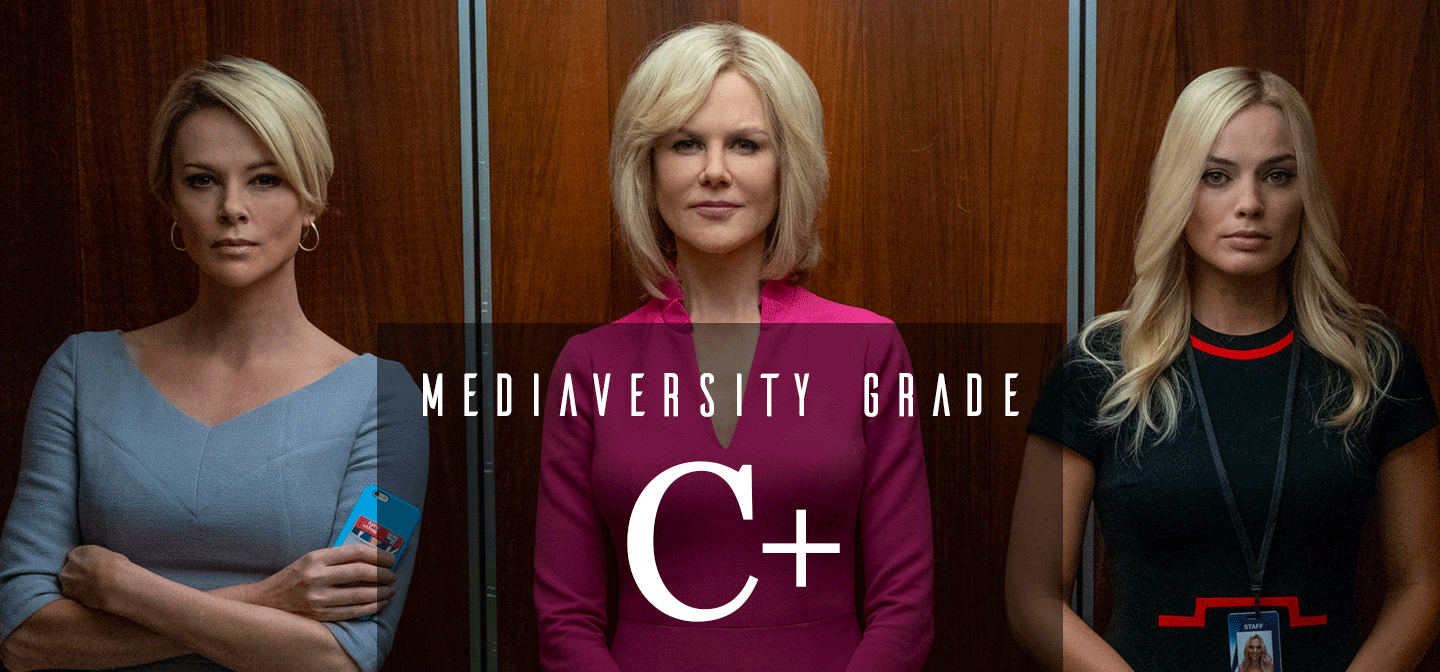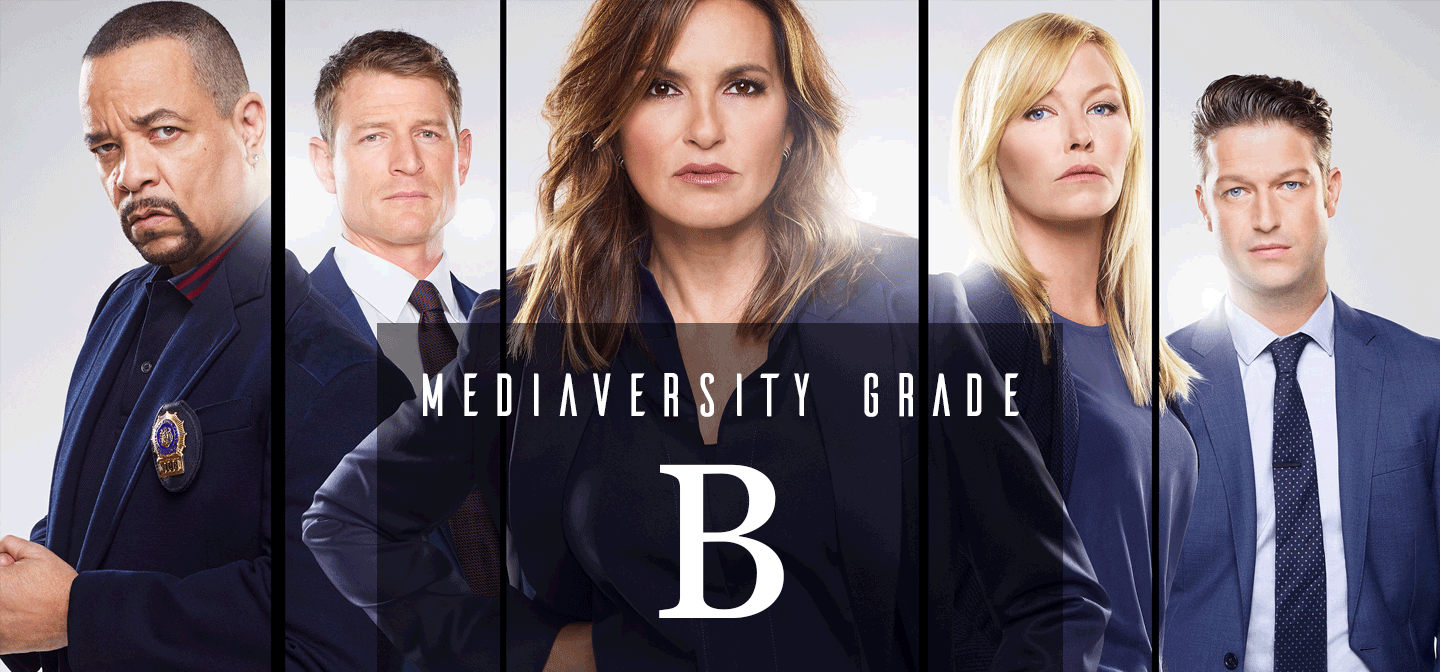After the Hunt
“After the Hunt feels outdated in its surface-level commentary on the #MeToo movement.”
Title: After the Hunt (2025)
Director: Luca Guadagnino 👨🏽🇮🇹🌈
Writer: Nora Garrett 👩🏼🇺🇸
Reviewed by Gavin 👨🏼🇬🇧🌈♿
Technical: 3/5
Considered one of the greatest filmmakers working today, Luca Guadagnino returns to screens after the one-two punch of Challengers (2024) and Queer (2024). But fans might be disappointed with After the Hunt, especially after last year’s terrific run. Whilst technically accomplished, Nora Garrett’s #MeToo script leaves a lot to be desired.
After the Hunt is set in the academic world of philosophy professors and students at Yale University. If that sounds horribly pretentious, it’s because these characters are. We’re introduced to them at a fancy house party where hidden affairs bubble to the surface. The plot kicks into as when professor Alma (Julia Roberts) is forced to choose sides when her favourite student, Maggie (Ayo Edebiri), accuses assistant professor Hank (Andrew Garfield) of sexual assault. Alma navigates the increasingly explosive “he said, she said” intrigue as she is forced to reckon with her own secretive past.
Intended to provoke audiences, After the Hunt simply leaves them cold. Little time is spent actually getting to know the characters, so they end up as mere archetypes. Hank is a charismatic flirt, Maggie a Gen Z student in conflict with older generations, and Alma a career woman who balks at the term “feminist.” Garrett attempts to make grand statements through her group of philosophers, but she’s several years late—we’ve heard all of this before through more successful projects such as I May Destroy You (2020), The Assistant (2019), and Tár (2022).
Saving the film are the committed performances. Garfield makes Hank’s fall from grace believable, and Edebiri makes her best case since The Bear (2022–) that she’s a formidable dramatic actor. After the Hunt belongs to Roberts, though, who delivers her best work in recent years. Alma’s stoicism slips as her life unravels, making for engrossing drama. Guadagnino and cinematographer Malik Hassan Sayeed use reflections and odd angles to create captivating imagery. It’s just a shame that these positives are dragged down by an unoriginal script.
Gender: 4/5
Does it pass the Bechdel Test? YES
After the Hunt follows Alma’s perspective for almost the entire runtime—a purposeful decision that avoids revealing what “really happened” between Maggie and Hank. A complicated woman, Alma has spent years working her way up the career ladder in a patriarchal society. She’s idolised by peers and students, particularly by Maggie and Hank, but she is no saint. She drinks at work, relishes outside attention—even when it means Hank is flirting with her right in front of Alma’s husband (Michael Stuhlbarg)—and increasingly turns to prescription painkillers as the drama around her becomes more volatile.
Women in supporting roles include Maggie, of course, who is central to the plot. Chloë Sevigny also appears as a university liaison in a smaller part that still leaves a lasting impression.
There’s also an interesting dynamic between these three women: Sometimes they support one another, and other times they fall into conflict or even betrayal. Garrett and Guadagnino are clearly making a point about how women don’t always see eye to eye. But it would have been nice to dive deeper by spending more time with the characters rather than withholding details for the sake of dramatic reveals. By avoiding Maggie’s point of view, for example, the film sacrifices any chance to enter Maggie’s headspace, and that feels like a missed opportunity.
Race: 3/5
Maggie is a young Black woman, which adds meaningful subtext to After the Hunt. Reflecting the ugly truth that Black survivors who report sexual assault are less likely to be believed than their white counterparts, Maggie’s accusation is promptly dismissed by the white students and professors who surround her, and Alma is cagey when it comes to backing her.
This dynamic easily could have gone the route of turning Maggie into a one-note victim. So it’s encouraging to see that she—like Alma—gets to be flawed and thus a bit more interesting. Maggie pries into people’s affairs, seeking information that could damage certain professors. But the movie fails when it tokenizes her; as the only Black character in the film, it leaves a sour taste that Maggie is portrayed as untrustworthy. It’s hard to shake off the irony of seeing a young Black woman who is doubted by the white characters around her similarly doubted by filmmakers who cede visual and narrative space to a white lead.
Bonus for LGBTQ: +0.25
Maggie is in a relationship with fellow Yale student Alex, who—like their actor, Lio Mehiel—is nonbinary and trans. They share two short scenes, but following in the steps of Edebiri and Roberts, Mehiel makes their mark with a strong performance regardless of screen time.
Mediaversity Grade: C+ 3.42/5
Guadagnino’s latest project is a mixed bag. On the one hand, After the Hunt is visually entertaining, and the terrific acting carries the film. But it feels outdated in its surface-level commentary on the #MeToo movement. Guadagnino and Garrett think they’re one step ahead of the audience, when in fact they’re always five steps back.




